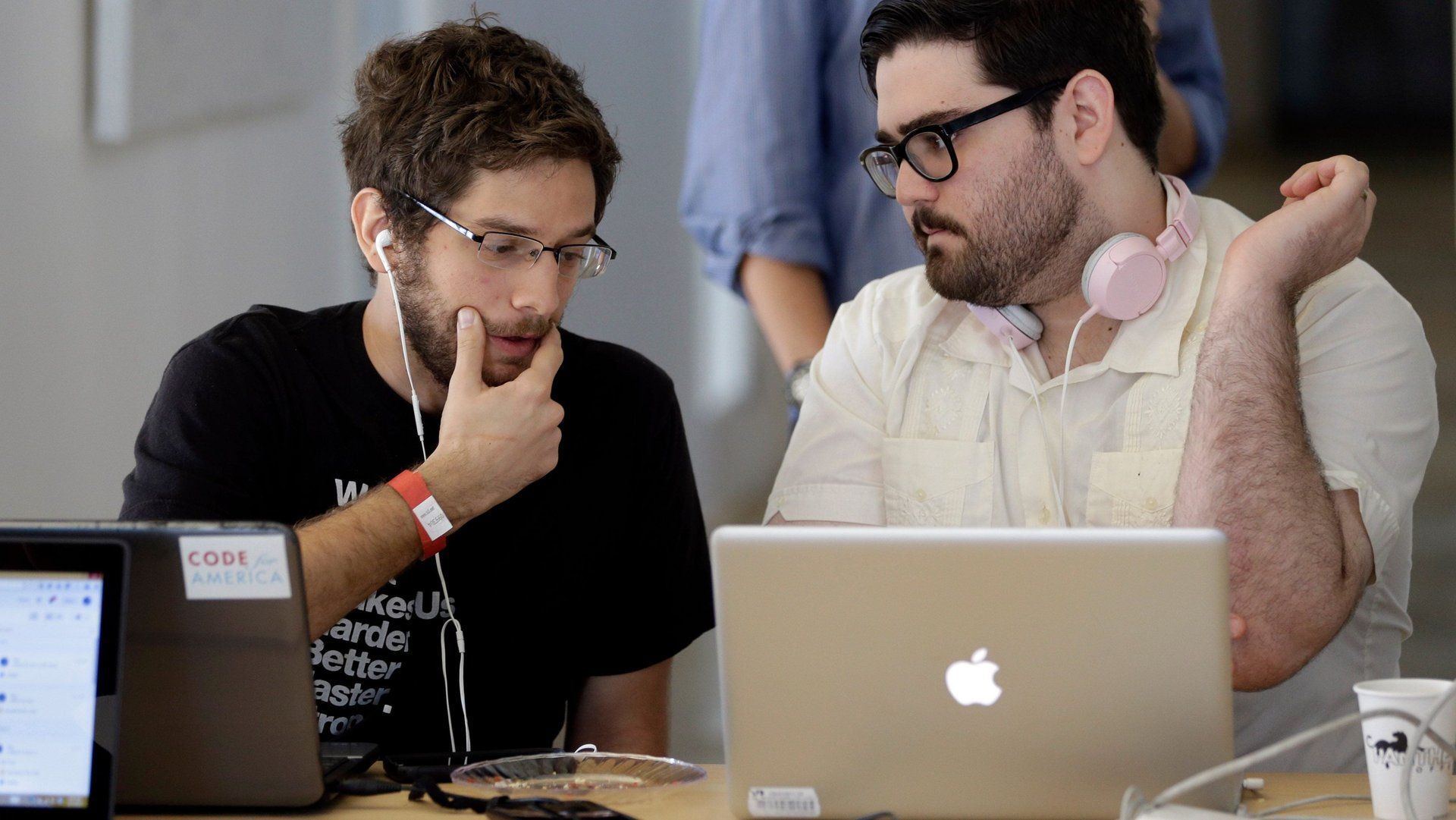3 questions all aspiring entrepreneurs should ask themselves
The idea of owning your own business sounds appealing to many. But it takes more than simply having a great idea or the desire to be your own boss. You also need the skills and drive to make it on your own.


The idea of owning your own business sounds appealing to many. But it takes more than simply having a great idea or the desire to be your own boss. You also need the skills and drive to make it on your own.
Research has shown that a key component for entrepreneurial success is self-efficacy—the belief that you can succeed. Self-efficacy can help predict an entrepreneur’s level of commitment and perseverance, for example. Yet, research to date has defined self-efficacy broadly and has not drilled down into what, specifically, self-efficacy looks like in the context of entrepreneurship.
So Justin Craig, codirector of the Center for Family Enterprises at the Kellogg School, created a scale to help aspiring entrepreneurs measure their level of self-efficacy. Craig, along with Leon Schjoedt at the Mahasarakham Business School in Thailand, determined three questions people should ask themselves to assess whether they’re ready to start their own business.
The goal is to be able to say yes to all of them, Craig says.
“If you’ve got two rather than three, that may be a reason to be cautious,” he says.
Which doesn’t mean you should abandon your dreams. But you might want to focus on your deficiency. “You can say, ‘Okay, what is it that I need to address?’” he says.
Assessing Entrepreneurial Self-Efficacy
The researchers used data from two surveys of early-stage entrepreneurs to come up with their scale. Together, the surveys included 2,000 respondents who answered questions about their work habits, goals, and outlook.
Craig and Schjoedt analyzed the answers to see what most entrepreneurs had in common. They then compared that to a group of 300 people who took the same surveys but who were not entrepreneurs.
In doing so, the researchers landed on three questions that people can use to assess their level of entrepreneurial self-efficacy:
- Overall, my skills and abilities will help me start a business.
- My past experience will be very valuable in starting a business.
- I am confident I can put in the effort needed to start a business.
Craig acknowledges that these may not seem earth-shattering to many. Yet the fact that they grew out of research—not intuition—is important.
“People may say, ‘well, that makes sense,’” Craig says. “But we’ve now established that these are the appropriate questions to ask because we’ve validated them with a pretty robust study.”
Good entrepreneurs use their lack of resources to their advantage.
He also points out that previous research looking at the benefits of self-efficacy in entrepreneurship used surveys that assessed self-efficacy very broadly. Having questions specific to the discipline of entrepreneurship is important. It is also in keeping with the idea that entrepreneurship is a unique career path that merits specialized study.
How to Use the Three Questions
Craig sees several ways professionals can use these questions.
One is to better prepare people for the rigors of entrepreneurship. People who answer yes to only one or two questions should think long and hard about whether they really want to pursue their own business.
“It never fails to amaze me when I look at some people who are doing this for the sake of doing it, or they’re fed up at work, or to scratch an itch,” Craig says, “and they wonder why things aren’t working out.”
If the answer to the question of whether to move forward is still yes, then aspiring entrepreneurs should use the questions to identify what more they need to do to prepare. Do they need deeper experience in a particular field, perhaps, or more education in a certain area to build confidence?
Training programs could also use the survey to see where potential students should focus their energies.
Overall, Craig says the questions are a way to remind people that running their own business isn’t for everyone.
“It looks very attractive,” Craig says. “It looks like it’s going to be fun. But it’s much harder work than people realize.”
This article originally appeared in Kellogg Insight. It has been published here with permission of the Kellogg School of Management.